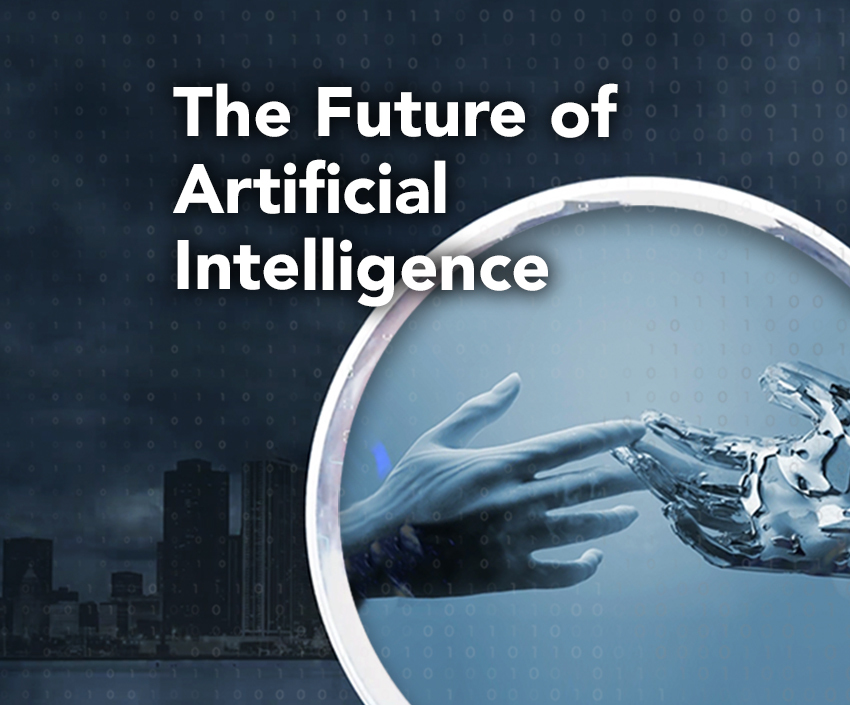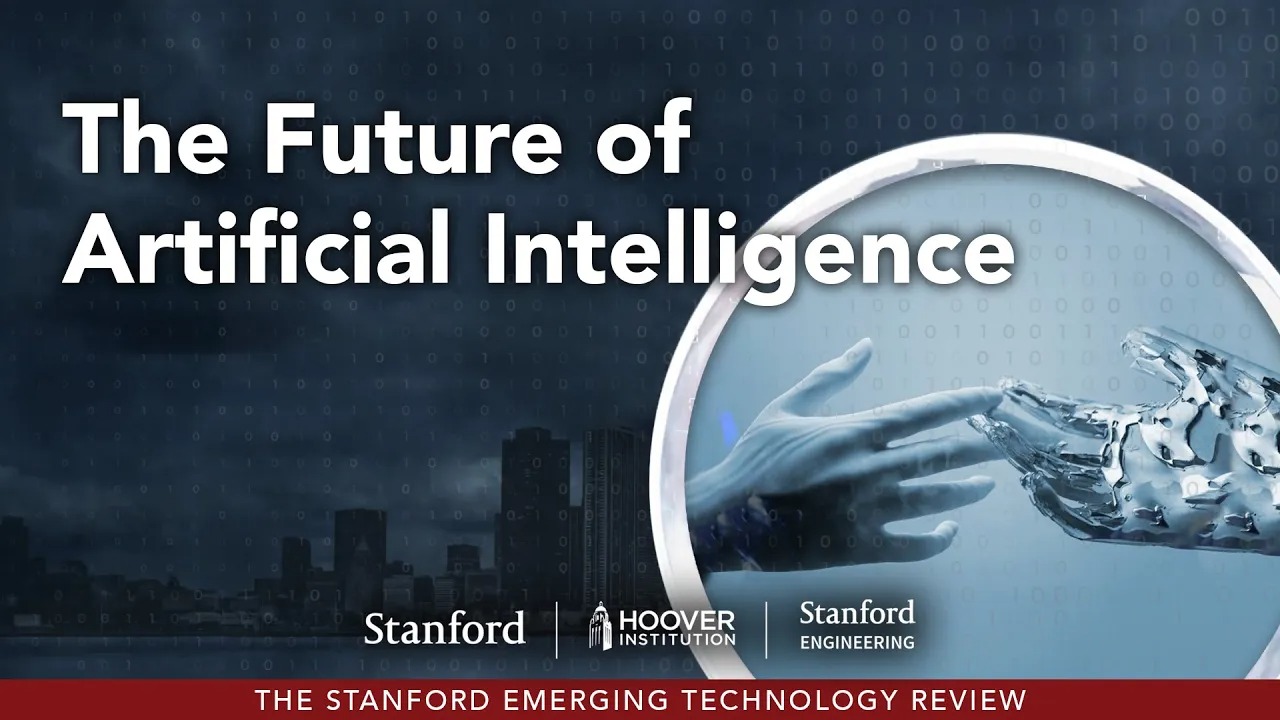Artificial Intelligence is a computer's ability to emulate human intelligence and learning, accomplish tasks and solve problems. For decades, it has been the stuff of science fiction and Hollywood blockbusters. Today, fiction has become reality. AI is here and has already begun to transform how society operates, just like electricity and the Internet did before it.
Artificial Intelligence comes in many overlapping forms. Machine Learning fuels an understanding of complex relationships within data, leading to advances like Netflix Recommendation Engine. Computer Vision enables machines to recognize and understand visual information and make decisions based on the results. And natural language processing allows machines to understand and interpret text, like with ChatGPT.
A wide range of AI applications are already fueling incredible advances in many of our most important fields. Today in healthcare, AI systems are detecting the onset of strokes, enabling the discovery of new drugs and putting robots to work in hospitals. Farmers are using AI in agriculture to detect and destroy bees in a targeted manner, requiring fewer herbicides and reducing environmental harm.
The possibilities for how AI may impact society in the future are truly endless. Imagine self driving long haul delivery trucks, or smart AI sensors and cameras used to help healthcare providers monitor and treat elderly patients who need 247 care. But while the potential for AI is boundless, so are the challenges.
Rapid advances could accelerate job displacement, and deep fakes or copyright violations will exacerbate public trust issues. Conversely, overregulation that slows advances in AI could lead to National Defense problems. Advances in AI will improve the effectiveness of military operations. Russia and China are already investing heavily, presenting serious security risks for the U.S if our military leaders don't adapt to emerging AI capabilities to quicken it up.
Determining the optimal level of regulation of public and private research on foundational AI technologies is both difficult and urgent. The future of AI is asking us hard questions with no easy answers. What kinds of regulation will reduce AI risks but still promote innovation? How do we maintain National Security in a race against other nations that are investing heavily and ignore privacy concerns and property rights?
And ultimately, how do we realize the full potential and promise of AI with the fewest unintended consequences?
Artificial Intelligence has the potential to revolutionize virtually every aspect of modern life in a way that makes everything from healthcare to agriculture more convenient, effective, and affordable. While self-driving automobiles and other transformative technologies might be welcome innovations, AI technology presents urgent societal and national security challenges including job displacement, deepfakes, and potential cyberthreats from nations like Russia and China. To secure America’s future, policymakers and industry leaders must strike a balance between promoting AI’s benefits while mitigating its risks.
RELATED SOURCES:
- Learn more about emerging technologies and the Stanford Emerging Technology Review (SETR).
- Read SETR Chapter on Artificial Intelligence.

Fei-Fei Li
Professor & Co-Director of Stanford’s Human-Centered AI InstituteFei-Fei Li is the Sequoia Professor of Computer Science and professor, by courtesy, of psychology at Stanford University. She serves as codirector of Stanford’s Human-Centered AI Institute and as an affiliated faculty at Stanford Bio-X. Her current research includes cognitively inspired AI, machine learning, computer vision, and ambient intelligent systems for health-care delivery. She received her PhD in electrical engineering from the California Institute of Technology.


